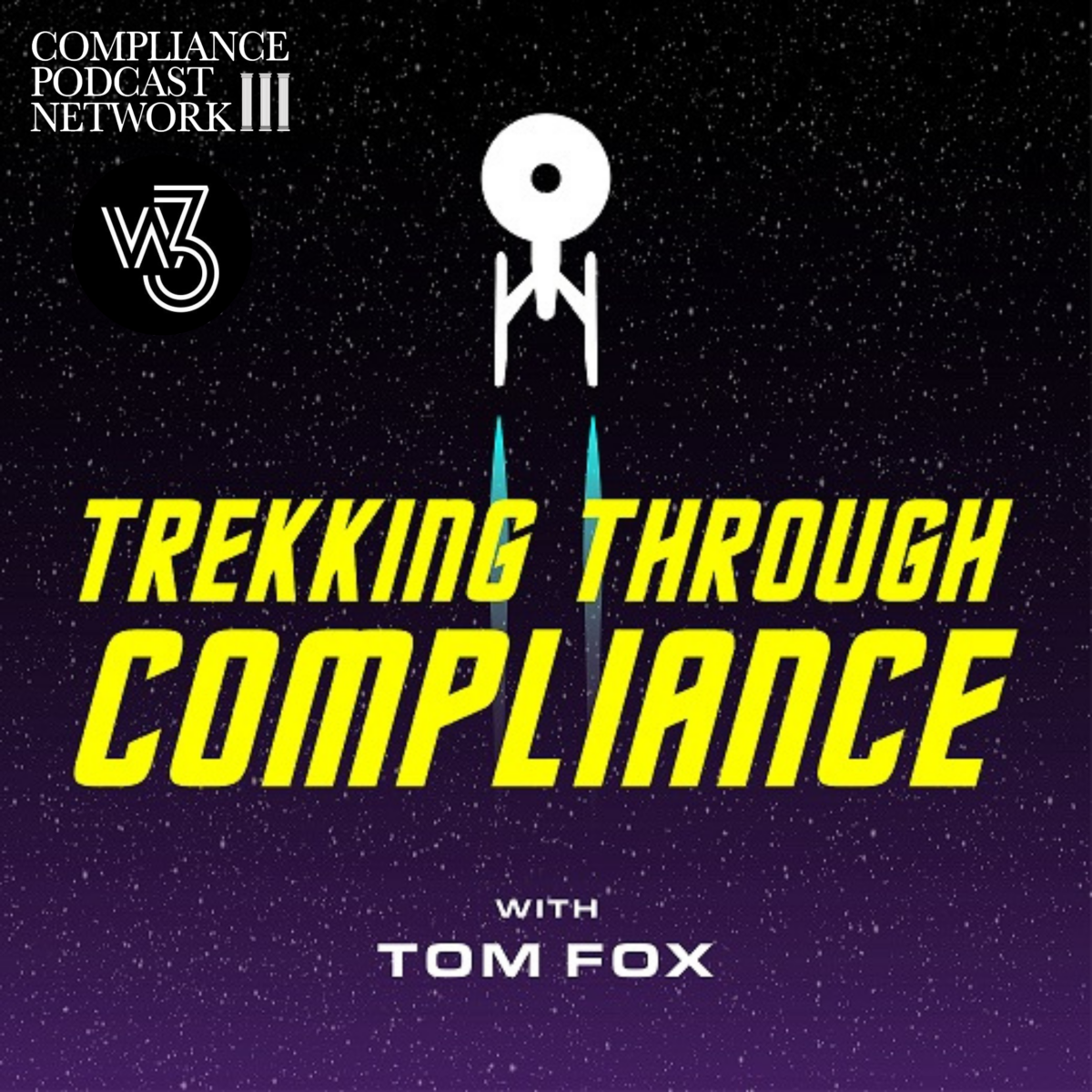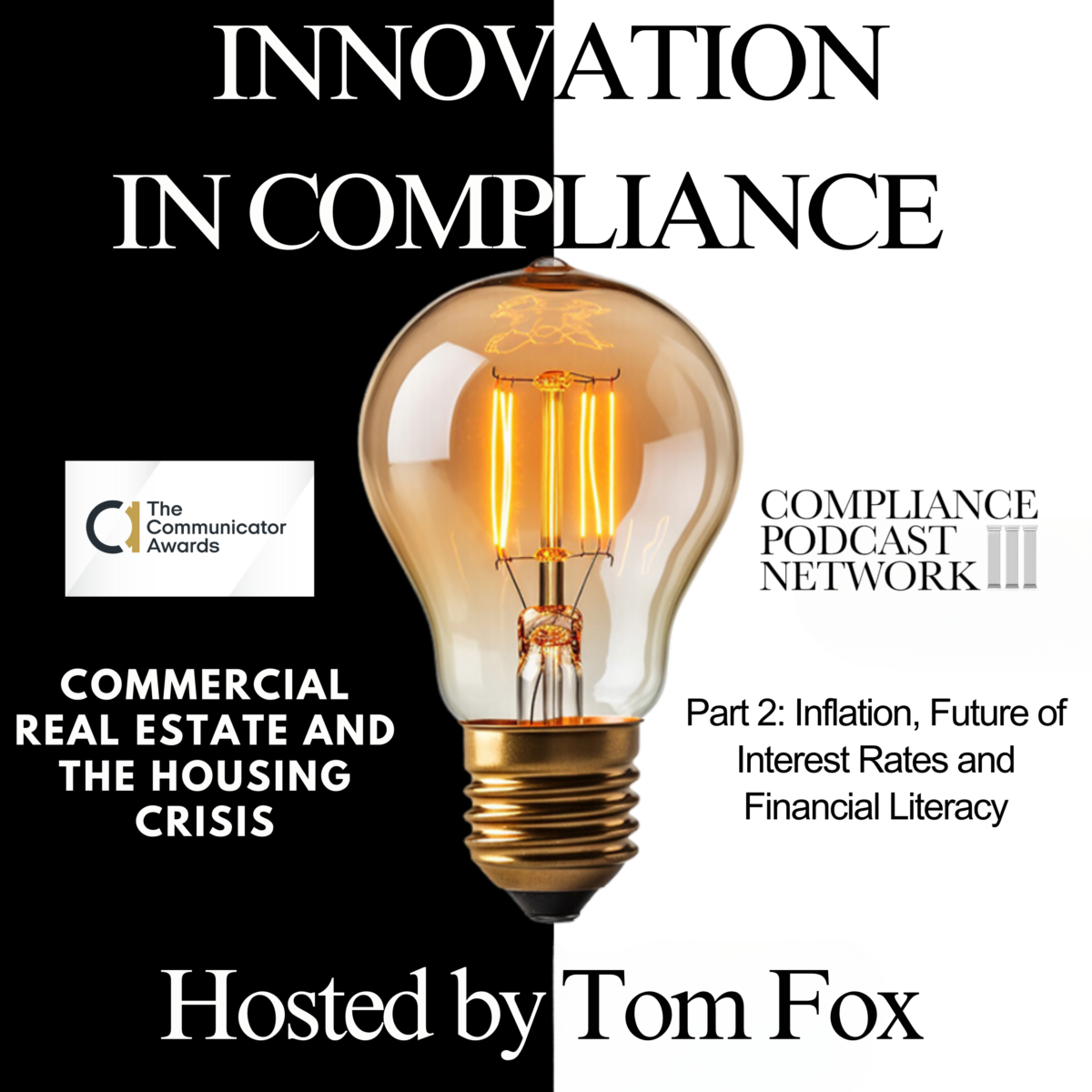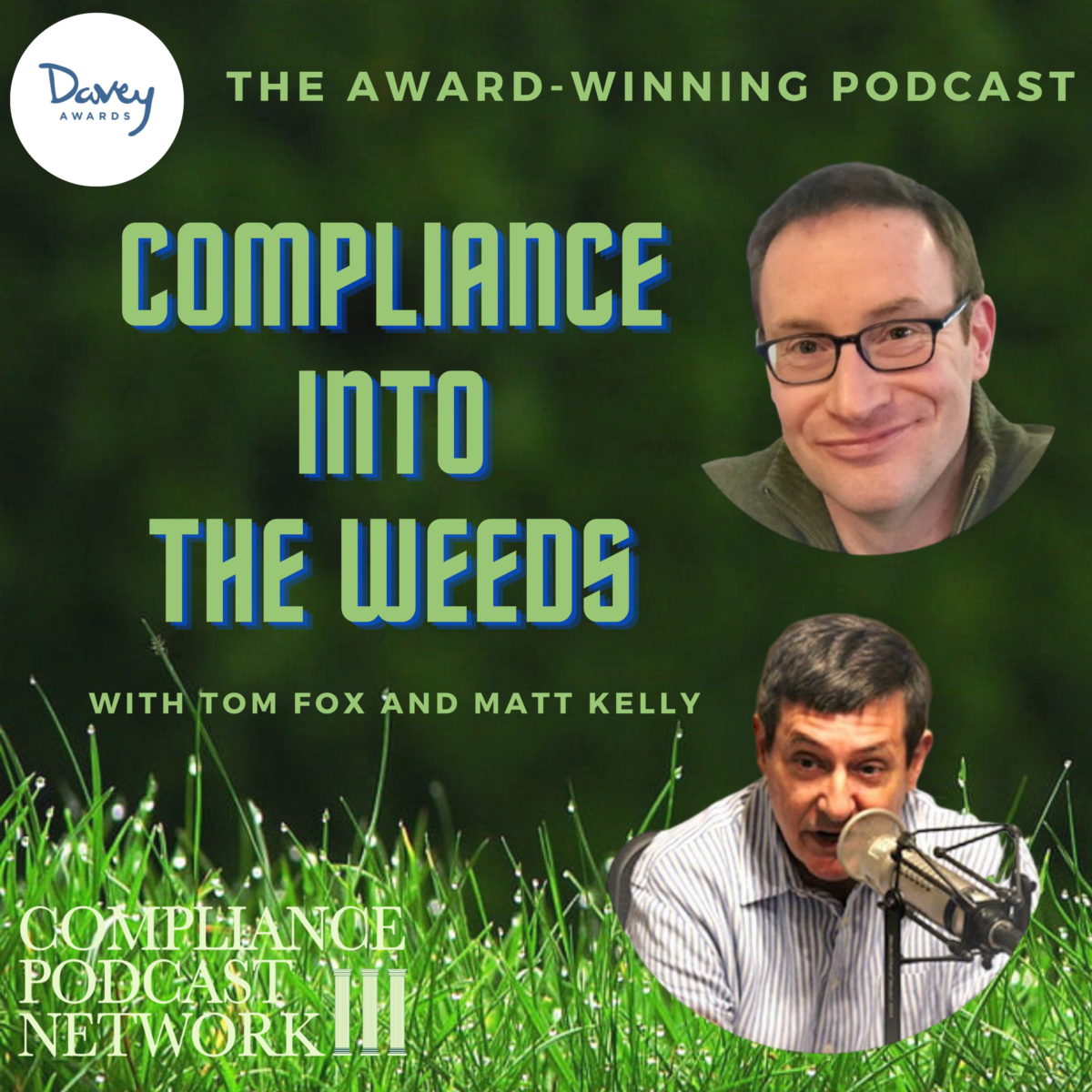We continue our exploration of the commercial real estate and housing market. Part 2 of a three-part blog series considers inflation, interest rates, and financial literacy. Much like the broader economy, they are constantly in flux. Since the financial crisis of 2008, interest rates have played a pivotal role in shaping the landscape of real estate investment. As we find ourselves in 2024, understanding the dynamics of inflation, interest rates, and their impact on real estate is crucial for business executives looking to make informed investment decisions. In a recent discussion, experts shared valuable insights into these topics, providing a comprehensive overview of the current state of the market and practical advice for navigating it.
The aftermath of the 2008 financial crash saw a dramatic reduction in interest rates, a move aimed at stimulating economic recovery. John, a seasoned financial expert, recalled advocating for controlled inflation to enable a gradual increase in interest rates. His rationale was simple: low rates make borrowing cheaper, thus pushing up asset values. This environment persisted until 2022, fostering a favorable climate for real estate investments.
However, the sudden spike in interest rates in 2022 marked a significant shift. The previously open faucet of cheap money was abruptly turned off, leading to a market correction. This correction has been characterized by recalibrations in asset valuations and investment strategies, necessitating a keen awareness of inflation’s role.
Inflation impacts every facet of the economy. When inflation rises, so do the prices of goods and services, affecting consumers and businesses. John emphasized that while low interest rates had advantages, maintaining them at near-zero levels for an extended period was a misstep. The recent rapid rate increase was a corrective measure, but it brought its challenges.
The debate now centers around whether interest rates will remain high for an extended period or gradually decrease. Experts agree that a stable Fed funds rate between 3% and 4%, coupled with a ten-year treasury yield of around 4%, would create a predictable environment conducive to investment. Stability in borrowing costs reduces risks and enables investors to make more strategic decisions based on reliable projections of values, income, and debt costs.
The transition from an era of low interest rates to higher borrowing costs is akin to coming down from a sugar high. The market had grown accustomed to cheap money, and the sudden change necessitated a period of adjustment. This uncomfortable transition requires businesses and investors to reevaluate their strategies, question existing thought processes, and adapt to new conditions.
We shifted the discussion to financial literacy, a topic he is passionate about. Historically, financial literacy meant simply balancing a checkbook. Today, it encompasses a comprehensive understanding of long-term investment strategies, diversification, and the principles of compounding. Andrew Gay highlighted the importance of time in the market over attempting to time the market. This principle is especially relevant in a volatile economic environment. Investors must recognize the value of staying invested through market fluctuations to benefit from long-term growth. Financial literacy programs emphasizing these fundamentals can empower individuals to make informed decisions and avoid common pitfalls.
In today’s information-rich world, discerning the source of financial advice is more critical than ever. The rise of social media has led to a proliferation of financial opinions, often lacking in-depth analysis and driven by sensationalism. Andrew shared a poignant anecdote about a board meeting where a member was confused by financial advice from a non-expert. This underscores the importance of seeking guidance from qualified professionals prioritizing education and long-term strategy over short-term gains.
Despite the challenges posed by rising interest rates, commercial real estate continues to offer attractive investment opportunities. Investors can engage with the commercial real estate market in various ways, from direct investments in income-producing properties to more accessible options like ETFs and mutual funds.
Investors should consider their risk tolerance, management capabilities, and long-term goals when deciding how to enter the market. For those hesitant to directly purchase real estate due to associated costs and complexities, investment vehicles managed by professionals offer a viable alternative. These options expose different commercial real estate market sectors, including office buildings, multifamily units, and medical facilities.
The current market correction presents an opportune moment for investors to reassess their portfolios and consider dipping their toes into commercial real estate. However, consider the importance of diversification and adapting to new market conditions. Whether through direct ownership or managed funds, commercial real estate can provide stable returns and hedge against inflation.
Navigating the complexities of inflation, interest rates, and real estate investment requires a strategic and informed approach. The legacy of low interest rates has given way to a period of adjustment, necessitating a focus on financial literacy and sound investment principles. Business executives must prioritize long-term strategies, seek reliable financial advice, and remain adaptable to market fluctuations.
As we move forward in 2024, the lessons learned from past economic cycles and the current market environment will be invaluable. By staying informed, leveraging financial literacy, and exploring diverse investment opportunities, business leaders can successfully navigate the evolving landscape and achieve sustained growth. This discussion highlights the importance of understanding economic trends and their impact on real estate investments. For business executives, staying ahead of these trends and making informed decisions is crucial for long-term success. As always, continued education and seeking advice from trusted professionals will be key in navigating the ever-changing market dynamics.








